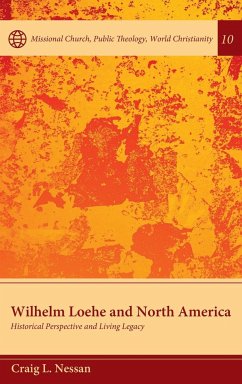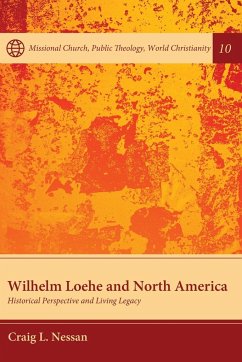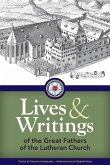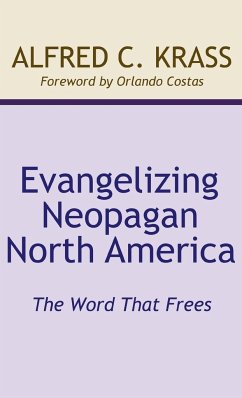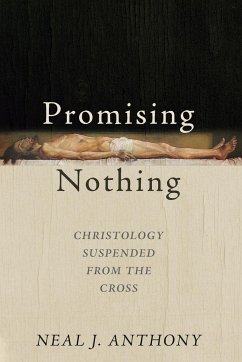Wilhelm Loehe is one of the most significant nineteenth-century figures for North American church life and mission, whose influence continues into the present. Loehe is unique for joining together aspects of the Christian life often held to be antithetical: worship and mission, orthodoxy and pietism, evangelical proclamation and diakonia, and theological imagination and practical skill in administration. Already in the nineteenth century Loehe contributed a vital principle for advancing ecumenical understanding: the idea of ""open questions."" When the church confesses core teachings as one, there does not need to be agreement on all secondary matters in order to live together in church fellowship. This book explores Loehe's historical activity as a pastor, as a supporter of mission in North America, as an organizer (together with Friedrich Bauer) of theological education in North America, and as a founder of deaconess institutions in Neuendettelsau, Germany, that still exist today. The central themes represented by Loehe not only constitute a matrix that has significance for the church and its mission today but also constitute an agenda for the church of the future.
Hinweis: Dieser Artikel kann nur an eine deutsche Lieferadresse ausgeliefert werden.
Hinweis: Dieser Artikel kann nur an eine deutsche Lieferadresse ausgeliefert werden.

